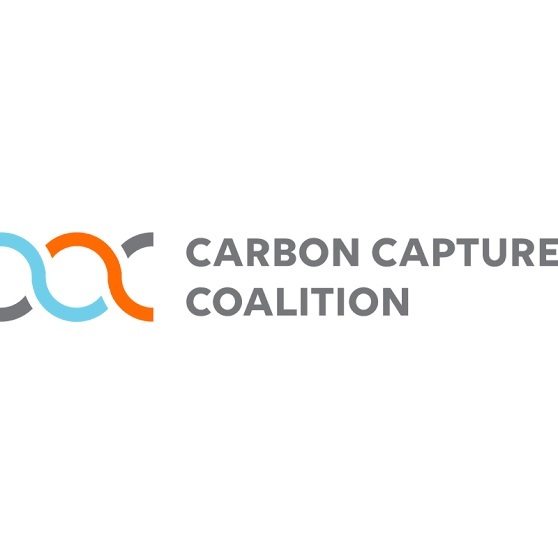
On January 28, 2025, over 160 companies and organizations, including the Carbon Capture Coalition, ADM, and the Renewable Fuels Association, urged Congress to maintain support for the 45Q tax credit, which incentivizes carbon capture, utilization, and storage (CCUS) projects [01d50232]. This tax credit was initially established by the Energy Improvement and Extension Act of 2008 and has been expanded through subsequent legislation, including the Bipartisan Budget Act of 2018 and the Inflation Reduction Act of 2022 [01d50232].
The push for continued support comes amid various legislative activities across the country. For instance, Kansas introduced a bill on January 15, 2025, proposing a 5-cent-per-gallon tax credit for higher ethanol blends, reflecting a growing interest in biofuels [01d50232]. Meanwhile, Calumet announced a delay in the disbursement of a $1.44 billion Department of Energy loan guarantee for sustainable aviation fuel (SAF) production, highlighting challenges in financing renewable energy initiatives [01d50232].
In a related political development, on January 29, 2025, Lee Zeldin was confirmed as the new EPA administrator by the Senate, a position that could influence future environmental policies and support for renewable energy projects [01d50232]. Additionally, Rep. Beth Van Duyne introduced a bill on January 16, 2025, aimed at repealing the Section 45Z clean fuel production credit, which has raised concerns among biofuel advocates [01d50232].
As the U.S. navigates its energy transition, the fate of the 45Q tax credit and other related incentives will be crucial for the growth of the bioenergy sector. The ongoing advocacy from industry groups underscores the importance of these tax credits in fostering innovation and investment in carbon capture technologies [01d50232].